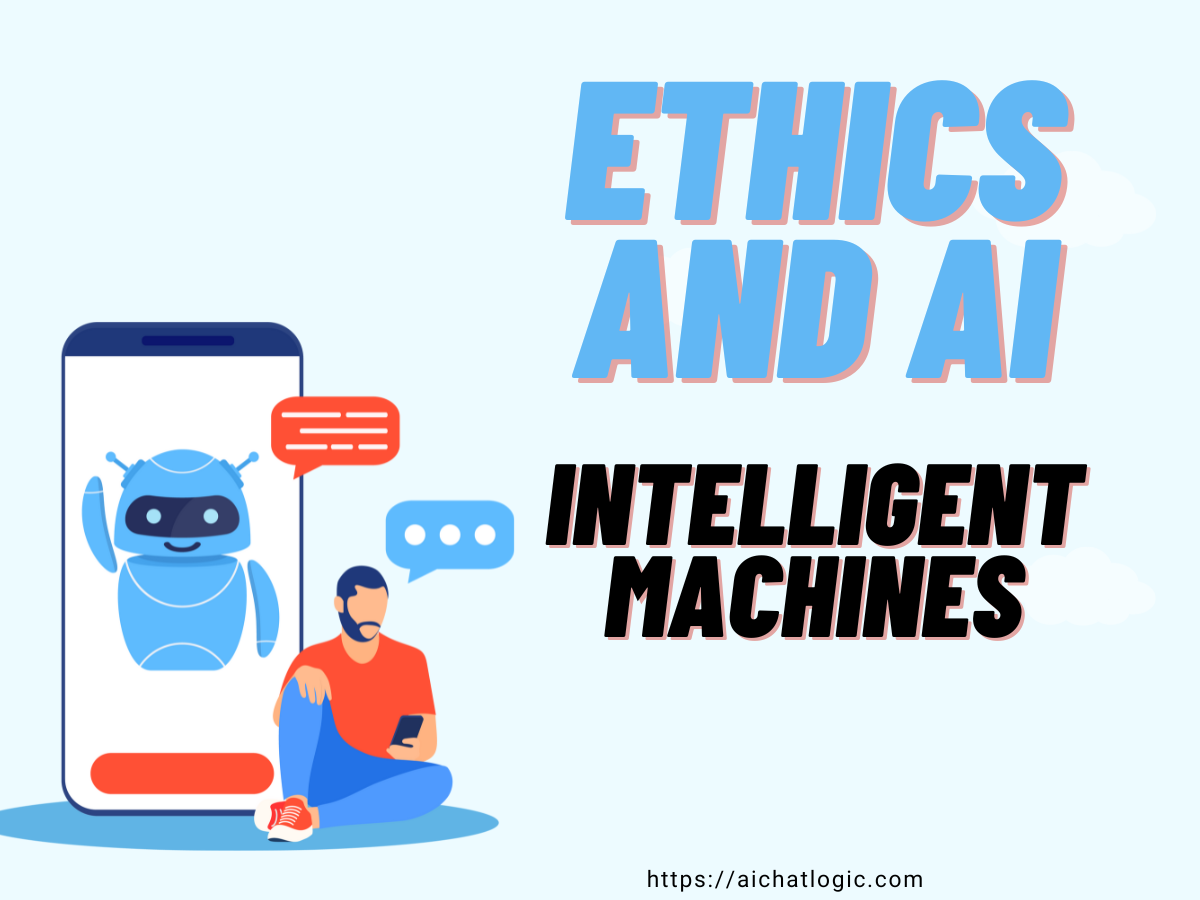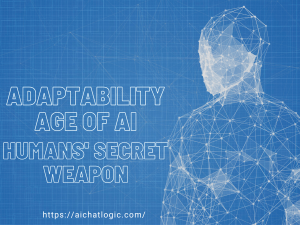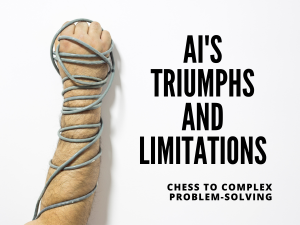1. Introduction
Artificial Intelligence (AI) has become an integral part of our lives, revolutionizing various industries and transforming the way we interact with technology. However, as AI continues to advance, it raises important ethical questions and challenges. This article explores the moral landscape of intelligent machines and the ethical considerations that arise from their use.
2. Understanding Artificial Intelligence (AI)
Before delving into the ethical implications, it is crucial to understand what AI and intelligent machines entail. AI, which stands for Artificial Intelligence, refers to the development of computer systems and machines capable of performing tasks that typically require human intelligence. These intelligent machines can analyze vast amounts of data, recognize patterns, make predictions, and engage in autonomous decision-making.
3. The Ethical Dilemma of AI
As AI systems and intelligent machines become more sophisticated and pervasive, several ethical concerns emerge.
3.1 Privacy and Data Security
AI relies heavily on data, often personal and sensitive in nature. The collection, storage, and analysis of this data raise concerns about privacy and data security. Ensuring the protection of individuals’ personal information becomes crucial to maintain trust and mitigate potential harm.
3.2 Bias and Discrimination
AI algorithms are trained using large datasets, which can inadvertently contain biases present in society. This can lead to discriminatory outcomes, perpetuating existing inequalities. Addressing bias and promoting fairness in AI systems is essential to prevent discrimination and ensure equal opportunities for all.
3.3 Autonomous Decision-Making
As AI systems become more autonomous, they may make decisions that have significant consequences for individuals and society. The lack of human control in these decisions raises ethical questions about accountability and responsibility. It becomes essential to establish mechanisms for oversight and ensure that AI systems align with human values.
4. Ethical Frameworks for AI Development
To address the ethical dilemmas of AI, various ethical frameworks can guide its development and use.
4.1 Utilitarianism
Utilitarianism focuses on maximizing overall happiness and minimizing harm. When applied to AI, this framework emphasizes the societal benefits while weighing potential risks and ensuring that AI systems contribute positively to human welfare.
4.2 Deontology
Deontology emphasizes adherence to moral rules and principles. In the context of AI, this framework calls for respecting individual rights, autonomy, and human dignity, even in the pursuit of societal benefits. It highlights the importance of fairness and transparency in AI decision-making.
4.3 Virtue Ethics
Virtue ethics places importance on developing moral character and acting in accordance with virtues such as honesty, compassion, and integrity. Applying this framework to AI involves fostering ethical behavior in the design and use of AI systems, ensuring they reflect virtues that align with human values.
5. Transparency and Accountability in AI
Transparency is crucial in AI systems to build trust and enable better understanding of how decisions are made. Providing explanations for AI outcomes and making the decision-making process transparent helps address concerns related to accountability, bias, and discrimination.
6. Fairness and Bias Mitigation
Ensuring fairness in AI systems requires proactive measures to identify and mitigate biases. This involves diverse and representative datasets, regular audits of AI algorithms, and ongoing monitoring to detect and rectify any biases that may arise.
7. Ensuring AI Safety and Robustness
AI safety focuses on developing systems that are reliable, secure, and resilient. Robust testing, validation, and risk assessment methods are essential to minimize the potential harm caused by AI failures or malicious use.
8. The Role of Government and Regulations
Governments play a crucial role in setting ethical standards and regulations for AI development and deployment. Comprehensive laws and regulations should address privacy, data protection, algorithmic transparency, and accountability to ensure responsible AI use across industries.
9. AI in Healthcare and Biotechnology
AI holds great promise in healthcare and biotechnology, but ethical considerations are paramount. Safeguarding patient privacy, ensuring informed consent, and maintaining the human touch in medical decision-making are crucial aspects to consider.
10. AI in Autonomous Vehicles
Autonomous vehicles raise ethical dilemmas, such as making split-second decisions in life-threatening situations. Balancing the safety of passengers, pedestrians, and other drivers while avoiding harm requires careful ethical deliberation and clear guidelines.
11. AI in Social Media and Online Platforms
AI algorithms employed by social media platforms can impact users’ behavior, privacy, and the spread of misinformation. Responsible AI use should prioritize user well-being, protect privacy, and maintain the integrity of online content.
12. AI and Job Displacement
AI’s potential to automate tasks raises concerns about job displacement. Ethical considerations involve ensuring a just transition for workers, providing opportunities for upskilling and reskilling, and addressing societal implications of widespread unemployment.
13. Ethical Considerations in AI Research
Ethical considerations in AI research include obtaining informed consent from participants, ensuring fairness in data collection and analysis, and minimizing potential harm to subjects. Collaboration and sharing of research findings can foster ethical progress in the field.
14. The Future of Ethical AI
The future of ethical AI lies in continuous improvement, collaboration, and interdisciplinary efforts. Striving for transparency, fairness, and accountability will be crucial in harnessing the full potential of AI while mitigating its ethical challenges.
15. Conclusion
As AI continues to shape our world, navigating the moral landscape is essential. Ethical frameworks, transparency, fairness, and accountability must be integrated into AI development and deployment. By embracing these principles, we can ensure that intelligent machines contribute positively to society while upholding human values.
FAQs
1. What are the ethical concerns associated with AI? Ethical concerns related to AI include privacy and data security, bias and discrimination, and autonomous decision-making, among others.
2. How can bias in AI algorithms be addressed? Addressing bias in AI algorithms requires diverse and representative datasets, regular audits, and ongoing monitoring to detect and mitigate biases.
3. What role do governments play in regulating AI? Governments play a crucial role in setting ethical standards and regulations for AI development and deployment to ensure responsible AI use across industries.
4. How can AI be used in healthcare while addressing ethical considerations? AI in healthcare should prioritize patient privacy, informed consent, and maintaining the human touch in medical decision-making.
5. What are the ethical implications of job displacement caused by AI? Ethical implications of job displacement involve ensuring a just transition for workers, providing opportunities for upskilling and reskilling, and addressing societal implications of widespread unemployment.












+ There are no comments
Add yours